When a name as famous as “Trump” is smacked on the side of a bottle in dazzling gold letters, one might be forgiven for assuming that whatever lies within is the product of too much money and too much time. All the gear, no idea, as they say. Yet in Charlottesville, on a pretty magnificent 1,300-acre estate, Trump Winery confounds expectations – thanks largely to its master wine and cider maker, Jonathan Wheeler.
Jonathan has watched the winery’s tumultuous history unfold with the sort of resilience that would make a diplomat blush. The saga began with John and Patricia Kluge, who briefly enjoyed the distinction of being America’s wealthiest couple until a certain Bill Gates took their crown in the early 1990s. Their divorce saw Patricia walk away with a $100 million settlement, which she promptly invested in the Kluge Estate and Winery, which opened in 1999.
Then came the second act of this drama: Patricia’s financial ruin. When the economy collapsed in 2008, she found herself drowning in $47.5 million of debt. Enter Donald Trump, swooping in like a property-developing knight in shining armor – or, at least, a shiny suit. Initially, Kluge was retained when the Trumps assumed control, with the then 27-year-old Eric Trump taking the reins. “I have gained a wonderful partner,” she declared at the time, “who came in to save it all and to keep my dream – which now is a shared dream – intact.”
She was shown the door within a year. Her parents are still buried on the estate at its small chapel, and from the deck of the sprawling new hilltop tasting room you can see her when she comes to visit from time to time, I’m told. Jonathan’s journey began at the winery in 2006, though when it shut for a while before reopening in 2011, he took the equivalent of a winemaker’s gap year – with jaunts to Marlborough, New Zealand, then Sonoma and Monterey, California – before returning to Charlottesville to work for the Trumps. The operation has since expanded considerably, now producing 36,000 cases of wine annually – some 432,000 bottles.
The ciders are delicious – and with names like ‘Passionate Patriot IPA,’ a big hit with Trump fans
As Jonathan shows me the bottling and corking machines, I ask him the question everyone must want to ask: does having the polarizing President’s name on the side of the bottle make things difficult? “Look, for some people, regardless of if it’s good or not, they’re gonna think it’s the greatest,” he says. “And some people are gonna think it’s the worst, right? My job is to make what I think is the best wine that this place could make, and then just put it out in the world. And the truth is, when I put them in wine competitions, they always shine.”
Yet perhaps the most intriguing chapter in this estate’s evolution is its venture into cider. The decision to pursue premium cider production was, by Jonathan’s account, entirely Eric Trump’s idea. “He saw it as a really fun project that he really thought would fit in with this,” Jonathan explained as he took me on a tour of the operation, gesturing toward the recently planted apple trees scattered across the fields. “He just thought it was something that people would be into, a nice way to grow the market.”
Cider seems shrewd from a business perspective. As an adoptive Virginian myself, living two hours away, the drinks tourism traffic always seems thicker in the parking lots of my local breweries and cideries than the wineries, perhaps because the reputation of Virginian wine is not bad – but not stellar, either. But that was once true of California. It may be changing here as it did there.
The approach at the Trump estate is decidedly old-world. Rather than rushing to market with the product from young apple trees, Jonathan sources his fruit from local growers with established heritage varieties – crab apples, Harrison, Black Twig, Ashmead’s Kernel, Gold Rush. “The older the tree is, the better the production will be, both quality and quantity,” he observes, adding that “good things take time.” The estate’s new trees won’t contribute to production for several years yet, but when they do, they’ll form part of a high-density planting system that resembles a vineyard more than an orchard.
What distinguishes Trump Winery’s cider is its commitment to traditional methods. In an age of forced carbonation and industrial shortcuts, Jonathan employs the same techniques used for premium sparkling wine – a labor-intensive process where fermented apple wine is bottled with additional yeast and sugar, then aged on the lees for months before the painstaking process of riddling and disgorgement removes the spent yeast, leaving behind a naturally carbonated cider that’s more like Champagne than beer. “A lot of cider is force-carbonated like in a soda bottle,” Jonathan explains, leading me through the vast production facility where thousands of bottles rest at precise angles on riddling racks. “You could just get a tank of CO2, put it in a pressurized tank, and force the CO2 in there. But it doesn’t make the same quality of product.”
The winery’s pursuit of excellence extends beyond technique to encompass an entire philosophy. During peak season, a crew of 30 pickers works the vineyards by hand, sorting fruit with the kind of attention to detail that machines cannot provide. “I prefer to have people pick them, because they decide the quality,” Jonathan explains. “If it’s a little bit underripe, or if there’s some bruising or something like that, we don’t want it. The guys will go through, they’ll pick them all by hand. We’ll bring them over here, we’ll weigh them, and in a lot of cases, we’ll re-sort them again.”
Jonathan speaks of his role not merely as a winemaker, but as a curator. “I’ll go through and taste everything, and then I’ll figure out what I like, which type of blend I want to do. Do I make a big, structured profile, big red wine? Or do I want to make something a little bit fruitier, a little bit lighter?” Standing among the French oak barrels in the winery’s cellar, surrounded by wines that won’t be released for years, Jonathan embodies the patient optimism that defines great winemaking. “I like creating things,” he says. “The ability to farm something from nature, grow vines, and then create a product that people enjoy.”
When it comes to the cider flavors, Eric enters the equation. Recent cider trials on the estate have adopted trends already seen in craft beer, such as passion fruit additions, hopped varieties – and even a mango-habañero-pepper blend. “I made all of these different blends and we all tried them,” Jonathan recalls. “The ones that Eric liked, we went with.” The idea paid off. The ciders are delicious – and with names like “Passionate Patriot IPA” and “Donny Appleseed,” a big hit with Trump fans. Many travel across the country to taste them.
Jonathan’s approach to his products has yielded results that extend far beyond the property’s famous name. Virginia was named 2023’s Wine Region of the Year by Wine Enthusiast magazine, and Trump Winery has played no small part in that recognition. Jonathan says they are the sort of people who are “constantly pushing.” The focus, he insists, is only on quality: “We don’t cut any corners to make the best product that this property can make.”
The Virginia wine story is still being written, vintage by vintage, barrel by barrel. At Trump Winery, in the capable hands of a vintner who has chased his craft across continents, the politics may be complex, but the wine and cider – thankfully – are too.
This article was originally published in The Spectator’s August 2025 World edition.











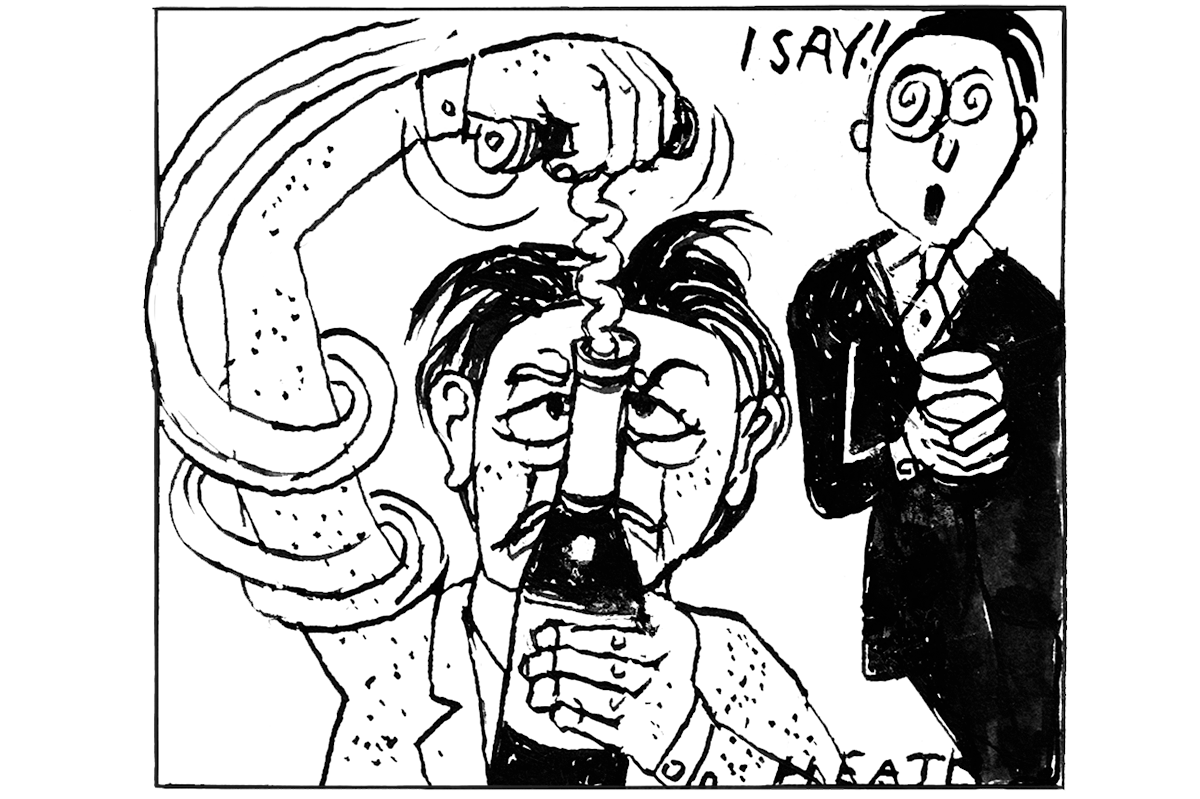
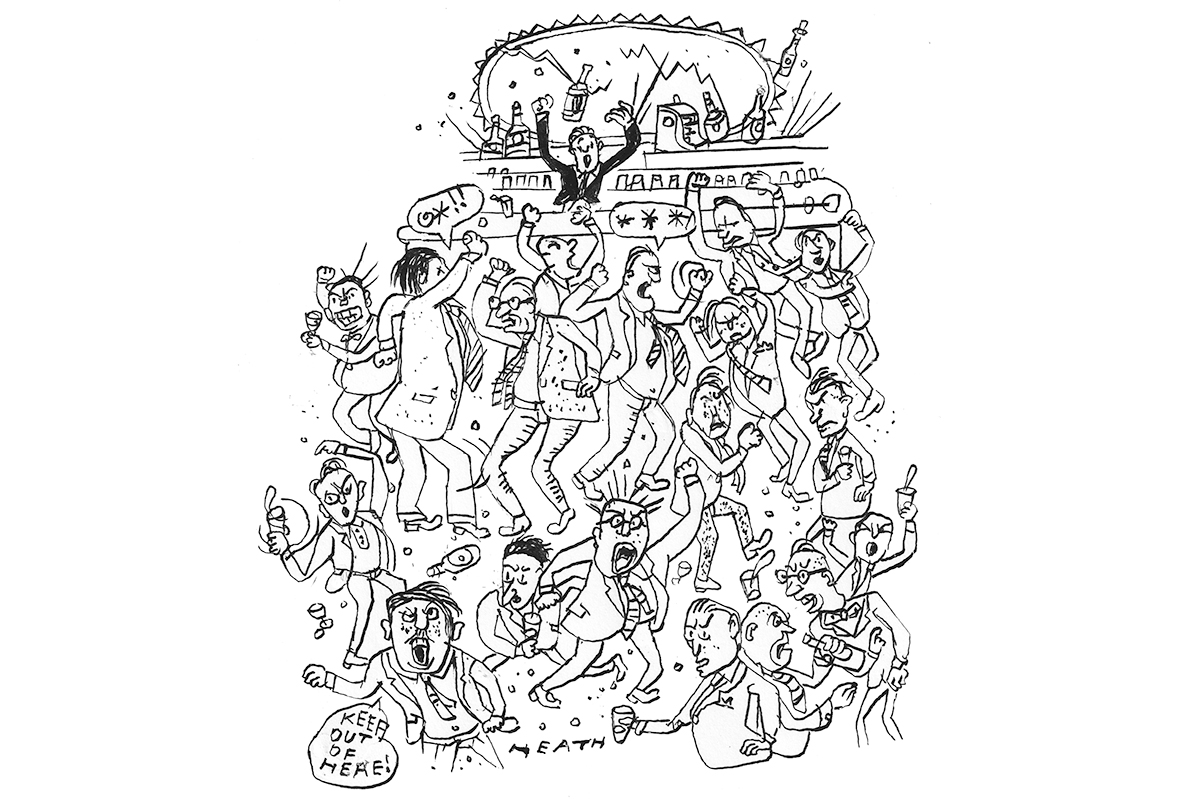
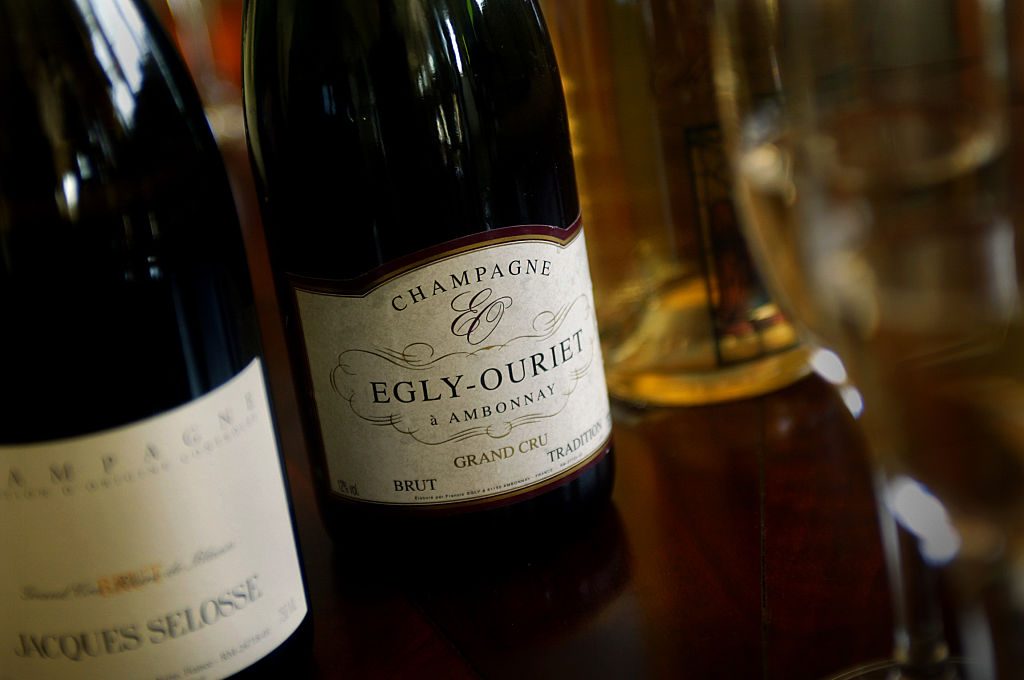
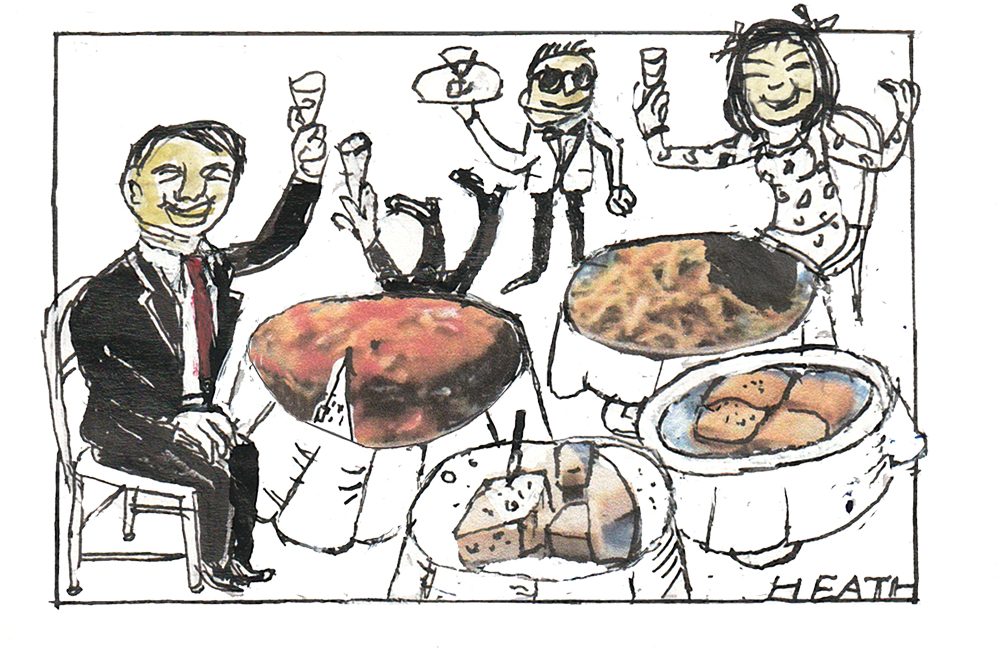
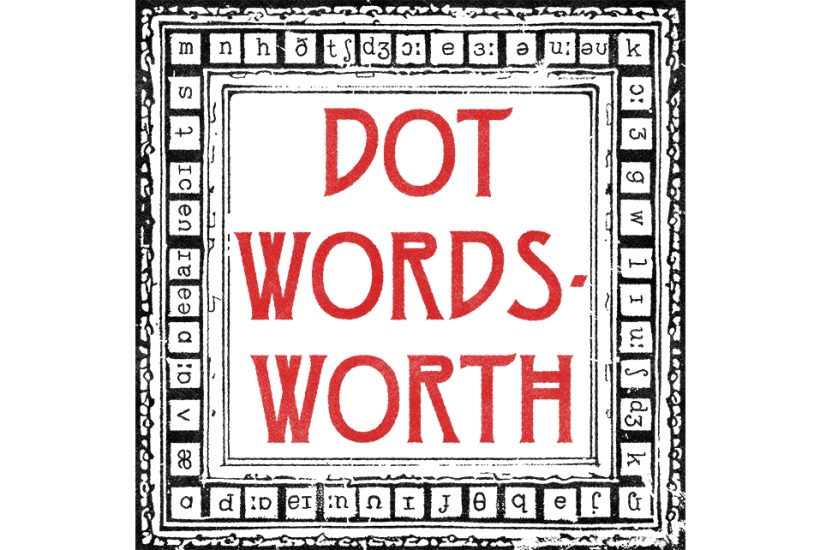







Leave a Reply